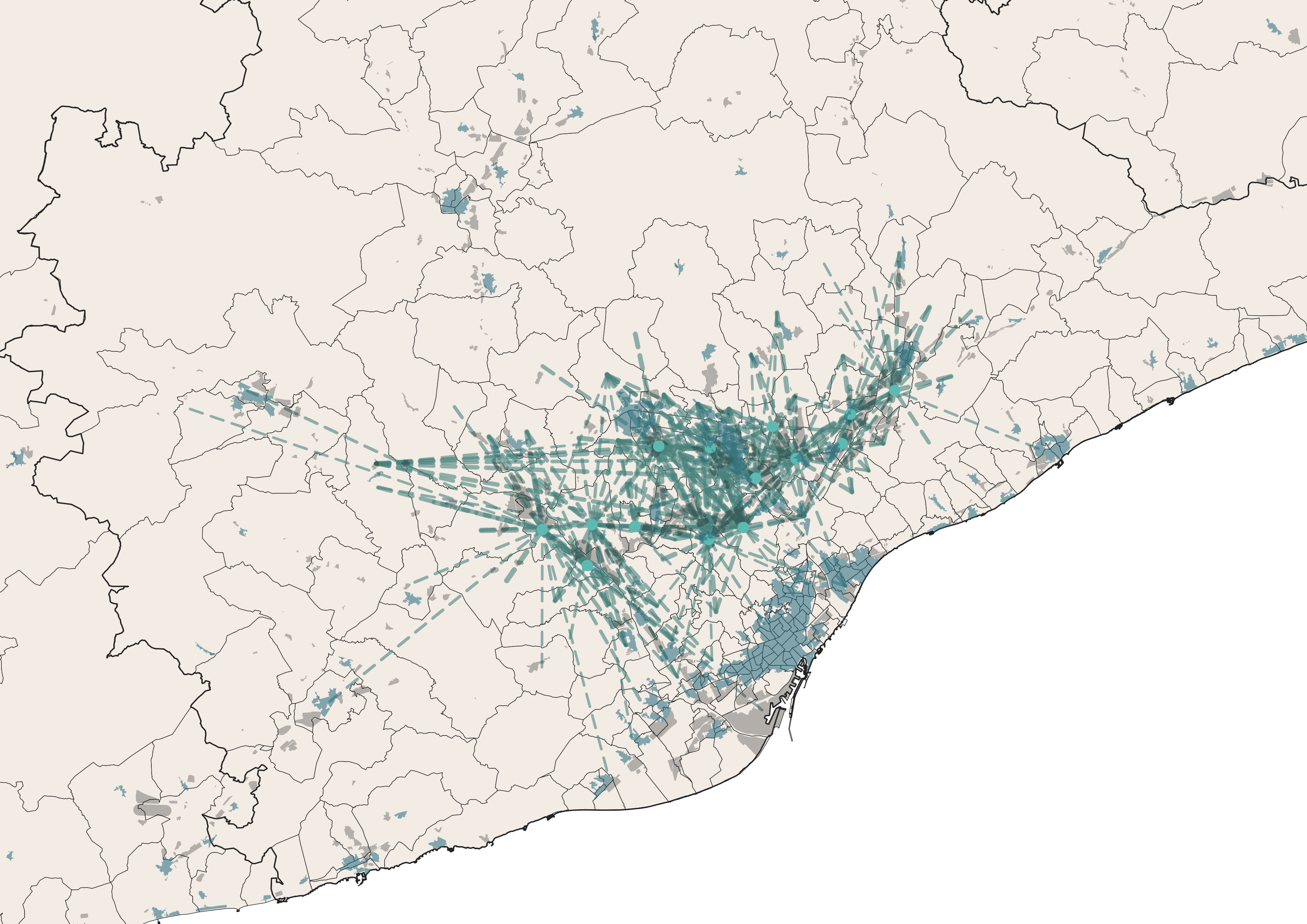
Credits: Aryo Dhaneswara, Byron Cadena Campos & Pawitra Bureerak
Over 50% of the global population currently lives in urban areas and this trend is expected to continue (7 out of 10 people will live in cities according to the World Bank’s estimates). Cities play a dominant role in global consumption, production, and pollution. They are associated with some big problems like air pollution, greenhouse gas emissions, waste, and poverty. However, cities are also centers of innovation and creativity, where incredible change is possible. The concentration of population, activities and resource use in cities brings potentials for important efficiency increases, as well as for multi-purpose solutions, combining different sustainability goals.
The seminar will introduce the basic tools for policy co-design and it will look at innovative business models. Case studies will be used to learn from best practices and failures. During the seminar, we will gain an understanding of concepts such as the mitigation of externalities, the reduction of information costs, the water-food-energy nexus, and the circular economy.
Finally, a visit to the Barcelona Supercomputing Center (including the supercomputer Marenostrum 4) will offer a deep dive into ongoing urban projects on air quality and climate services for more resilient cities.







